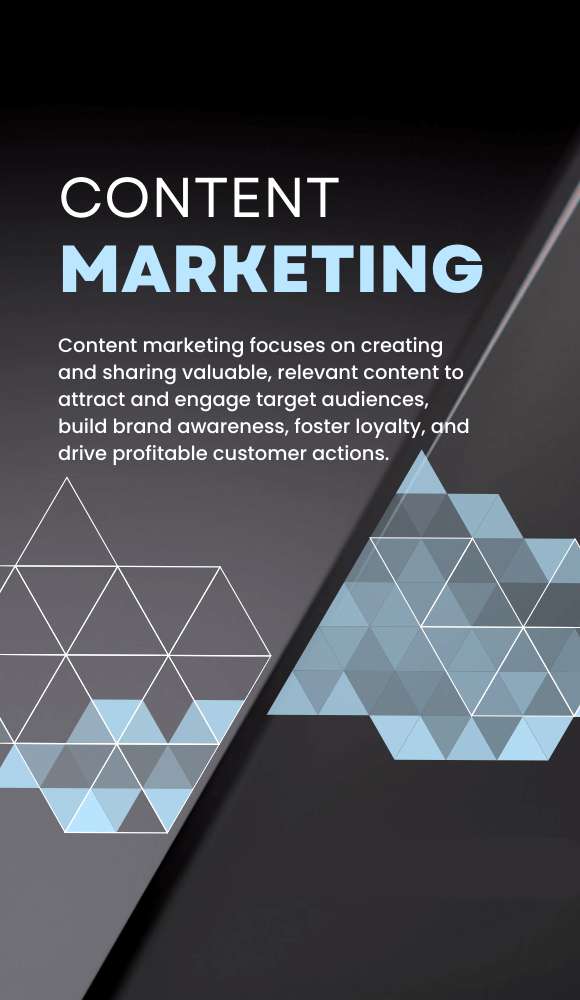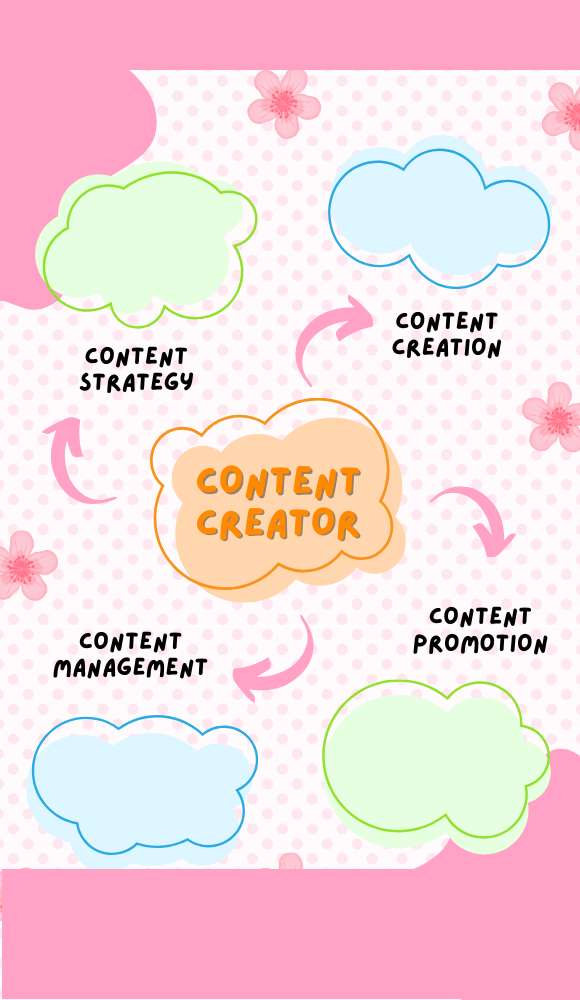Cursor
mode
Social Media Content Calendar Planning
Social media content calendar planning ensures consistent and strategic posting. Start by defining your goals and mapping out key dates, such as holidays or campaigns. Organize content types—educational, promotional, or entertaining—and schedule posts for optimal engagement times. Use tools like Trello or Google Sheets to track progress. Regular updates and analytics reviews help refine your calendar for better results.
- Approch
- Creativity
- Experienced









Setting Clear Objectives for Your Content Calendar
Start by defining the goals you want to achieve with your content. Whether it's brand awareness, lead generation, or customer engagement, setting clear objectives helps you create targeted content that aligns with your overall marketing strategy. Each post should contribute to achieving these goals.

Mapping Out Key Dates and Events
Incorporate key dates such as holidays, product launches, industry events, or seasonal trends into your content calendar. By planning around these events, you can create timely and relevant content that taps into what your audience is already thinking about, boosting engagement and visibility.

Balancing Content Variety
Plan a mix of content types in your calendar to keep your audience engaged. Include a combination of blog posts, social media updates, videos, infographics, and user-generated content. A variety of formats not only keeps the content fresh but also caters to different preferences across your audience.

Scheduling Consistent Posting Times
Consistency is key when it comes to social media and content marketing. Determine the best times and frequency to post based on your audience's behavior and platform insights. Stick to a regular posting schedule to build trust with your followers and maintain ongoing engagement.

Collaborating with Teams and Stakeholders
Ensure your content calendar includes input from different teams—marketing, sales, and customer service—so the content reflects various perspectives. This collaboration ensures that the content is aligned with broader company initiatives, and stakeholders can prepare for campaigns in advance.

Tracking and Reviewing Content Performance
Review and analyze the performance of the content you post to identify trends and opportunities. Include feedback loops in your calendar to assess what works and what doesn’t. Use performance data to refine your content strategy, making adjustments to improve engagement and reach over time.


